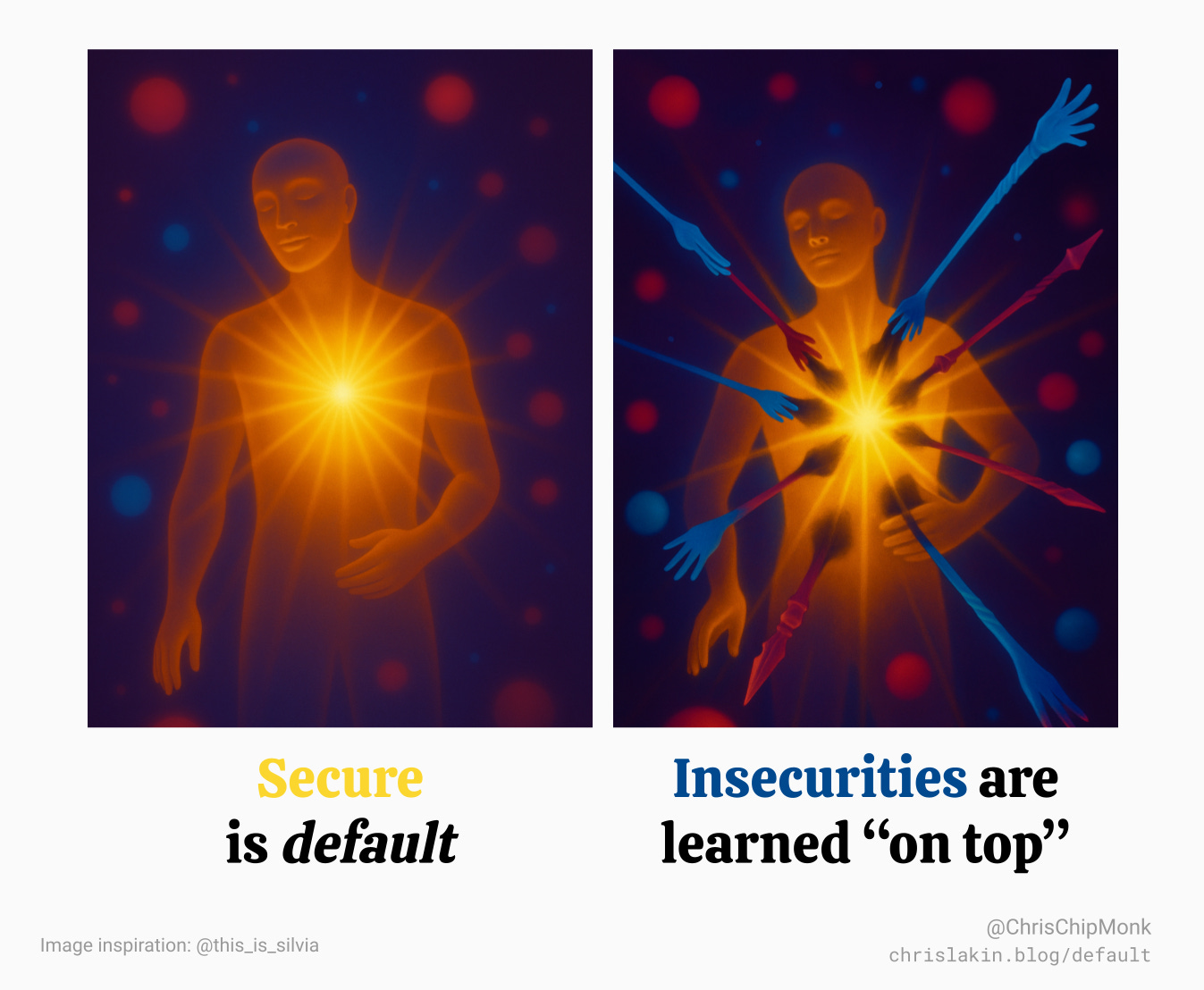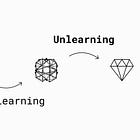Happiness underneath
If we’re unhappy, things and experiences will make us happier… right?
This model runs so deep we barely question it. We chase perfect partners, promotions, ideal body weight, social media likes, sex, … — all under the assumption that doing more leads to happiness.
Start unhappy → DO MORE STUFF → become happy
But what if this model is wrong? What if happiness is always underneath?
Consider: Once insecurity, anxiety, tension, and suffering are released… nothing remains but joy, peace, and relaxation:
Flow is natural when we can feel our feelings and have no anxiety.
For muscles, relaxation is default. Tension is on top. Growth lies in removing unnecessary tension.
Now, Poṭṭhāpada, you might think: “Perhaps these defiling mental states might disappear…, and one might still be unhappy.” That is not how it should be regarded. If defiling states disappear…, nothing but happiness and delight develops, tranquility, mindfulness and clear awareness—and that is a happy state. —Buddhist scripture DN 9
Just as a computer system is secure when it has no insecurities, the same is true for emotions: security is the absence of insecurities. Happiness = the absence of suffering.





I had a moment of Clarity when I realised that the story about why I'm happy is really for everyone else. You'll know something has shifted when you stop asking other people why they're happy and simply smile along with them.
When you think about it deeply, you only ever feel the need to justify joy to others - never to yourself. Your internalised representations of other people demand that your joy conform with their expectations. Others hold their own joy hostage in this way, and judge you when you do not. They expect joy to be earned, hard-won, reasonable. They can't allow themselves to feel joy without a good story about why.
Not needing a story to explain your joy helps others to loosen their bondage. After all, their story is designed for *you*. When they see that you don't expect them to justify their happiness to you, they start to realise that the story they torture themselves with has no real audience. They've been performing on stage, but no one is watching. And anyone watching is only doing so because they think that you are watching them on their stage and will boo them if they don't meet your expectations.
Stop performing for others. When you realise you don't need a story to justify your joy to others, you also realise that it only ever was for others - you never needed the story for yourself.
Excellent post, Chris. That's one of the core principles which enables effective transformational work. Especially if the therapist / coach has found his own way back to the experiential embodiment of it. Quite a rare thing though.